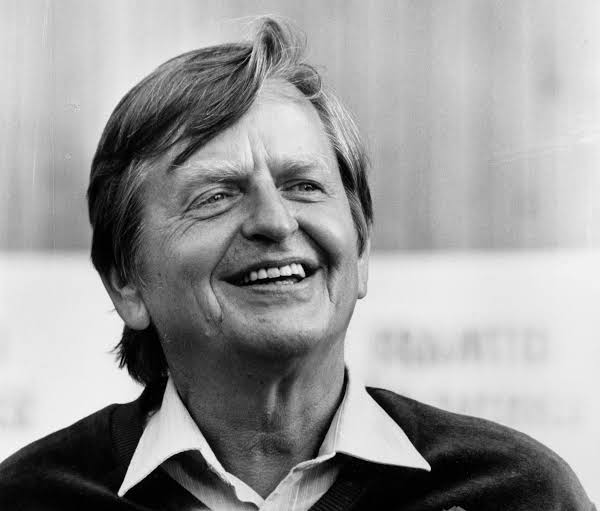A Swedish prosecutor on Wednesday closed the case of the 1986 assassination of Prime Minister Olof Palme, accusing an insurance company graphic designer who died 20 years ago of the country’s most notorious unsolved crime.
SEE ALSO: U.S. jury finds herbicide weed killer Roundup contributed to man’s cancer
Palme, who led Sweden’s Social Democrats for decades and served two periods as prime minister, was one of the architects of Scandinavia’s model of a strong welfare state, and a fierce Cold War-era critic of both the U.S. and Soviet Union.
He was shot dead in central Stockholm in 1986 after a visit to the cinema with his wife and son.
The failure of the police to find a killer has sparked decades of conspiracy theories, unlikely to be silenced by Wednesday’s accusation against a long dead suspect with no political profile.
Prosecutor Krister Petersson, who has led an investigation into the case since 2017, said the killer was Stig Engstrom, a suspect long known to Swedes as Skandia man” after the company where he worked, with offices near the scene of the shooting.
Engstrom, known to have been at the scene, was repeatedly questioned in early investigations but dismissed as a serious suspect at the time.
He died in 2000 in what Swedish media reported as a suspected suicide.
A 2018 book by an investigative journalist brought to light a range of previously overlooked evidence, including time stamps showing Engstrom had left his office earlier than he had told police in time to commit the crime.
“Because the person is dead, I cannot bring charges against him and have decided to close the investigation,” Petersson said.
He did not announce any major investigative breakthroughs, and said the technical evidence was not new.
He felt confident the evidence would have been sufficient to arrest Engstrom, but “would not, in itself, lead to a conviction” without more evidence that it was no longer possible to obtain.
Palme’s son, Marten, told public service radio he also believed Engstrom was the killer, “but unfortunately there is no real conclusive evidence.”
Palme was prime minister from 1969 to 1976 and again from 1982 to 1986.
Supporters hail him as the architect of modern Sweden, while conservatives denounced his anti-colonialist views and criticism of the U.S.
For decades, conspiracy theories around his killing have blamed a range of forces, from the CIA and Kurdish separatists to the South African security services.
Petersson said several witness accounts of the likely killer were in line with Engstrom’s appearance, while witnesses also contradicted Engstrom’s account of his movements at the scene.
Engstrom’s family have repeatedly dismissed accusations that he was the killer.
Daily Expressen quoted his ex-wife as saying in an interview in February that he was too timid to have carried out the murder.
A childhood friend, Olle Madebrink, told the paper Engstrom was “the most normal person in the world. I can’t believe anything else.”
However, Reuters was unable to immediately reach members of Engstrom’s family.



Leave a Reply